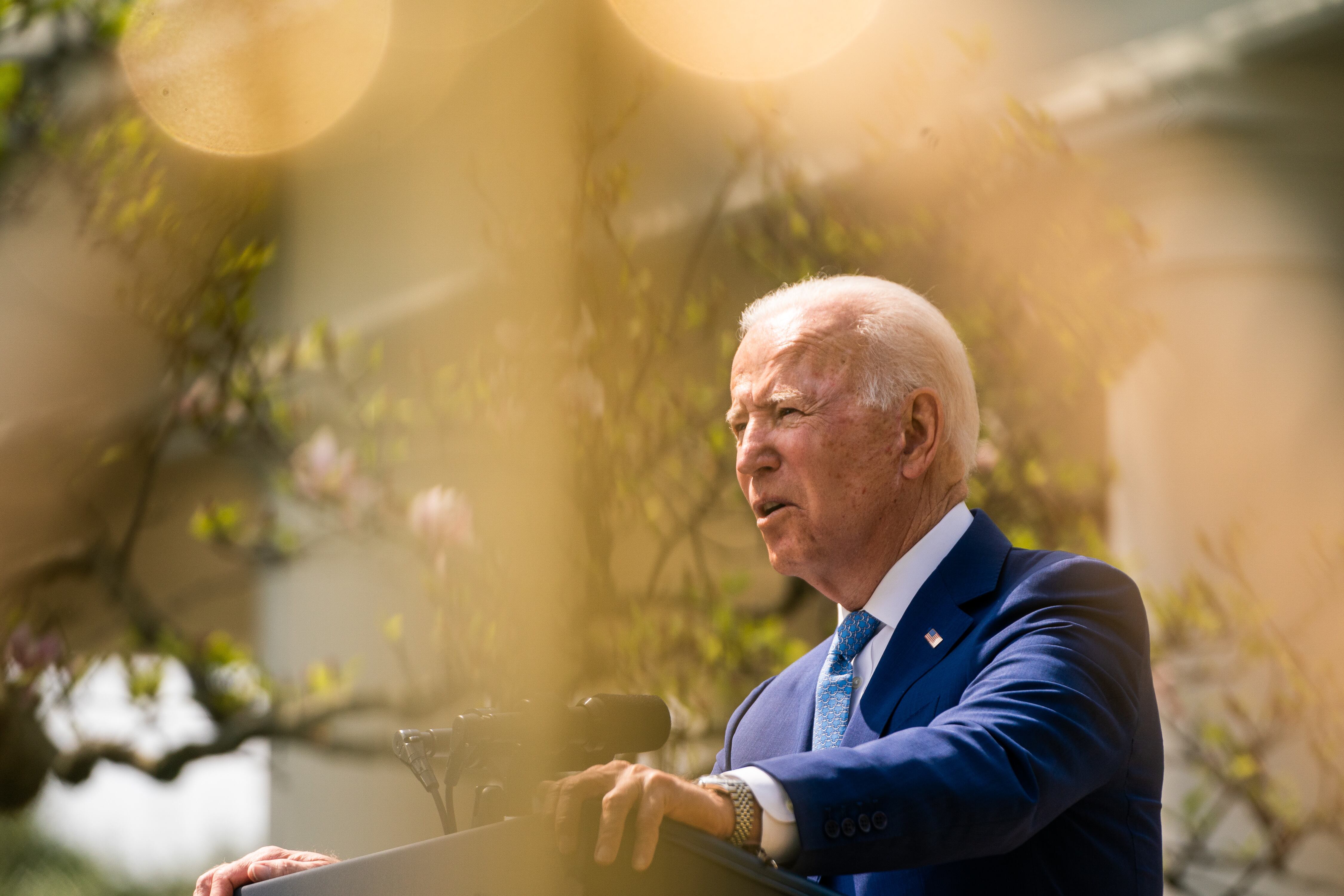The Biden administration proposed more than doubling funding for the Title I program in a budget plan Friday — a move that would send billions to high-poverty schools.
The proposal would take the Title I program from its current $16.5 billion to $36.5 billion, an increase the administration said would be the biggest in the program’s history.
The ask is only a first step in the budgeting process, and it’s unclear if it will make it through Congress, as it will likely require some support from Republicans, who have been skeptical of additional federal funding. But it underscores the Biden administration’s focus on students and families living in poverty, whose schools are already in line for billions more from the economic stimulus packages.
The president’s budget request spans the upcoming school year. An increase would mean high-poverty schools have more to support students as they look to make up lost academic ground following the pandemic, and would put Biden one step closer toward his campaign promise of permanently increasing spending on students from low-income families.
Overall, the president’s request would raise the budget for the federal education department by $29.8 billion, or just over 40%.
The budget plan also includes:
- A boost for special education funding. The president is seeking an additional $2.6 billion, or around a 20% increase, for Individuals with Disabilities Education Act grants. That brings the total to $15.5 billion. The administration says it marks a “significant first step” toward its campaign promise of providing all of the money the federal government is supposed to spend on these students.
- More counselors, nurses, and mental health professionals in schools. The proposal includes $1 billion to add more of these roles.
- More for child care and Head Start. The early childhood programs would both get a boost, with the Head Start budget increasing by $1.2 billion (to $11.9 billion) and the Child Care and Development Block Grant increasing by $1.5 billion (to $7.4 billion).
- A big increase for the relatively small community schools program. The Biden administration’s ask is for more than $400 million, up from $30 million, to support schools that offer additional wraparound services to students and families.
- More money for the Office for Civil Rights. The plan would put an additional $144 million, a 10% increase, toward the department that investigates claims of discrimination in schools and helps enforce civil rights laws.
- $100 million to launch a school desegregation grant program. That money could be used to help communities come up with plans to make schools more diverse, or to turn those plans into reality. A similar, smaller program was launched at the end of the Obama administration, but Trump officials canceled it before school districts got any money.






